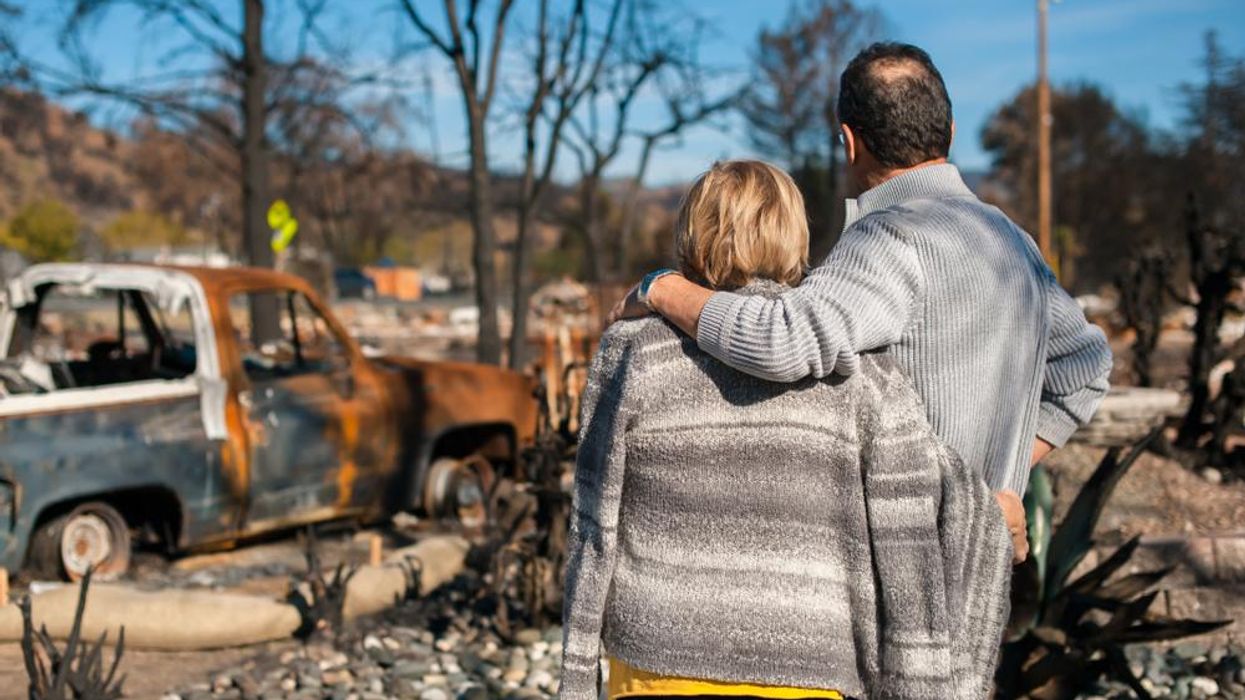Data from the U.S. Census Bureau in 2022 reveals that over three million Americans were displaced due to natural disasters, with nearly one million coming from Florida alone.
Florida was hit particularly hard in 2022, with category 4 Hurricane Ian devastating the state in September, leaving 114 dead. According to the Census Bureau, 999,401 people in the state were displaced last year, around 7 percent of Florida's population.
Louisiana saw the second highest number of displacements with 410,000 people displaced, which marks 15 percent of the state's population. While hurricane activity was low in Louisiana in 2022, several tornado outbreaks impacted residents in December.
New England, the Midwest, and Great Plains saw the lowest amount of displaced residents, with Indiana, Maine, North Dakota, and Ohio only accounting for 0.2 percent of displaced persons within the year.
A report by the National Centers for Environmental Information also released this week found that natural disasters caused a total of $165 billion in damages in 2022. The NCEI reports that "natural disasters are becoming both more common and more expensive."
Displacements from natural disasters are the “most devastating” impacts of climate change, according to the United Nations' refugee agency. Though wealthy, industrial nations are the leading emitters of the greenhouse gases linked to rising global temperatures, low income countries see the most displaced residents.
The agency wrote: "Climate change is the defining crisis of our time and disaster displacement one of its most devastating consequences. Entire populations are already suffering the impacts, but vulnerable people living in some of the most fragile and conflict-affected countries are often disproportionately affected."
Within the United States, minority communities are the most vulnerable to environmental disasters, as they often lack the infrastructure to withstand devastating storms.
Filippo Grandi, the UN High Commissioner for Refugees, said that nations need to be more proactive in the fight against climate change, instead of reactive to the disasters that follow.
“We need to invest now in preparedness to mitigate future protection needs and prevent further climate caused displacement," Grandi wrote. "Waiting for disaster to strike is not an option.”
- Shocker, Most Middle Schoolers Learn Next to Nothing About Climate Change ›
- How Christians View Climate Change ›
- Storm Daniel Leaves Over 2,000 Dead and 10,000 Missing in Libya ›



















































